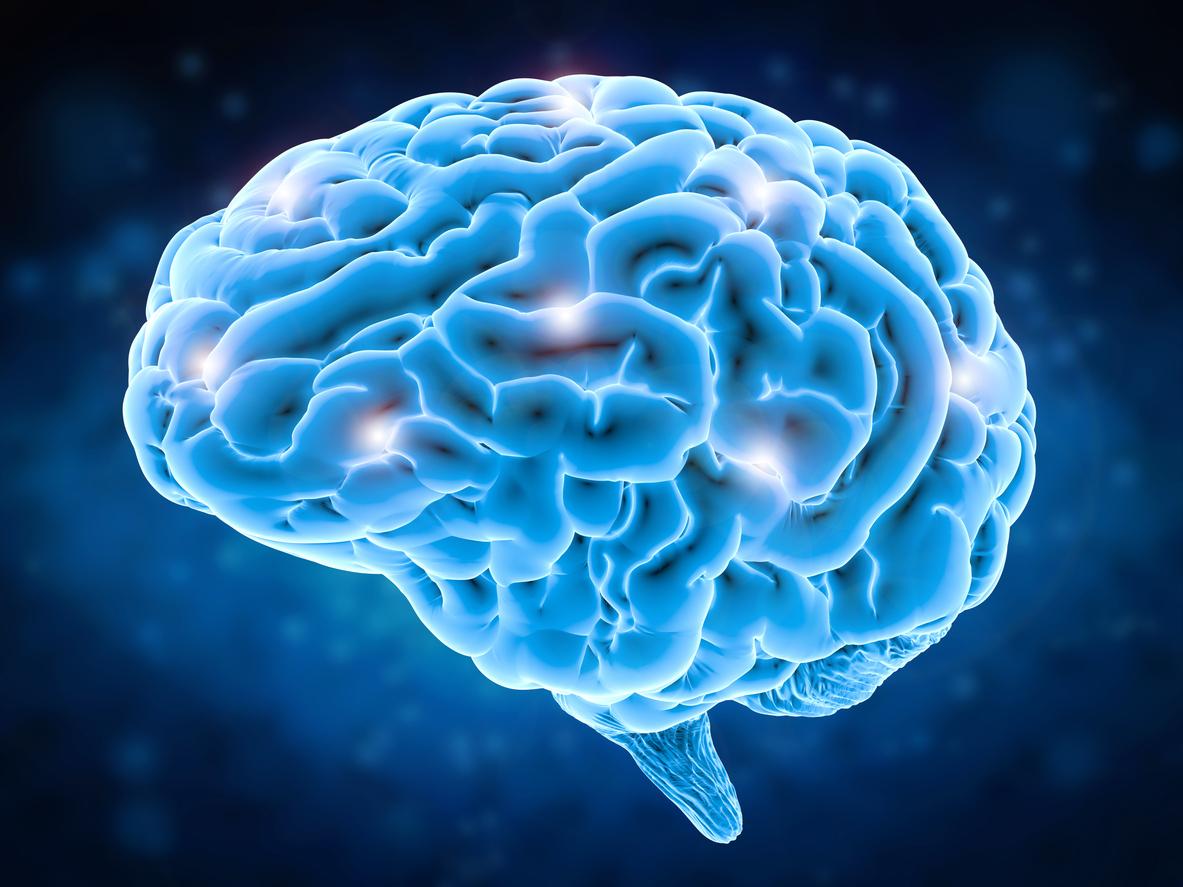The diagnosis of multiple sclerosis should, according to American researchers, be based on a better consideration of variables related to the behavior of patients in daily life.

Patients with multiple sclerosis (MS) often face challenges in the course of their daily lives and these need to be further considered in the clinical assessment of their disease. Yet many diagnostic measures have been slow to find the real tool to verify the results. Recent research from the Kessler Foundation has shed light on the relationship between activities of daily living and neuropsychological testing in patients with multiple sclerosis.
The research was published in the special rehabilitation issue of the Multiple Sclerosis Journal August 30, 2019. The researchers felt that the cognitive and non-cognitive neuropsychological tests of people with MS should both be measured so that clinicians can get a clear picture of the diagnosis.
Assess daily functions
Since clinicians need to assess the daily functions of people with MS, whether cognitive or non-cognitive, Dr. Erica Kessler’s team therefore attempted to uncover the broader aspect of neuropsychological testing in MS patients: cognitive functions include processing speed, visual-spatial function, learning and memory, working memory, and verbal fluency. Functional areas included driving, employment, e-commerce, and financial and medical decision-making.
Neuropsychological testing has been found to have predictive value for individuals’ behavior in these real-life situations, according to Dr. Erica Weber, a research scientist at the Center for Traumatic Brain Injury Research. But these must therefore be considered in a broader context including non-cognitive variables, such as motor skills, fatigue and depression, disease activity and degree of disability, as well as personality factors. , to better understand the impact of the disease on daily functioning. “These other types of assessment for people with multiple sclerosis must therefore be subject to the same standards of validity as neuropsychological assessments,” emphasizes Dr. Erica Weber.
MS affects around one person in 1,000, according to Inserm. It is the leading cause of severe non-traumatic disability in young adults.

.

















